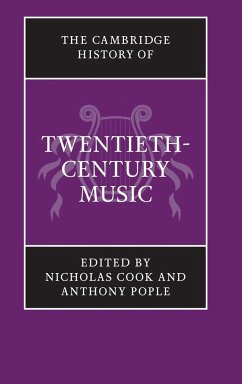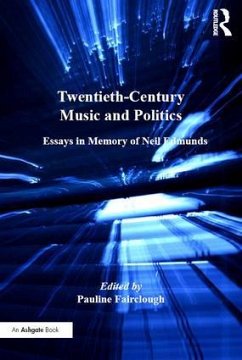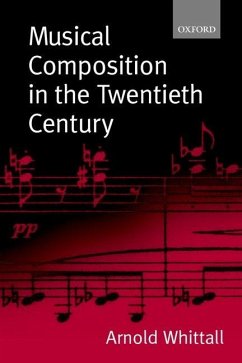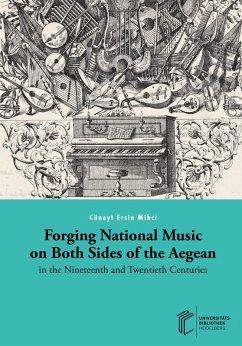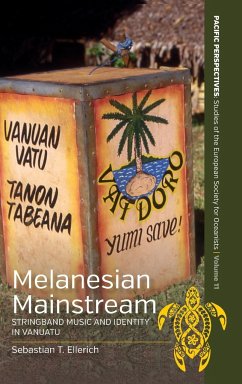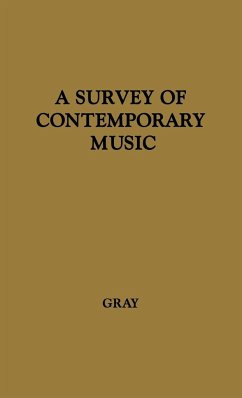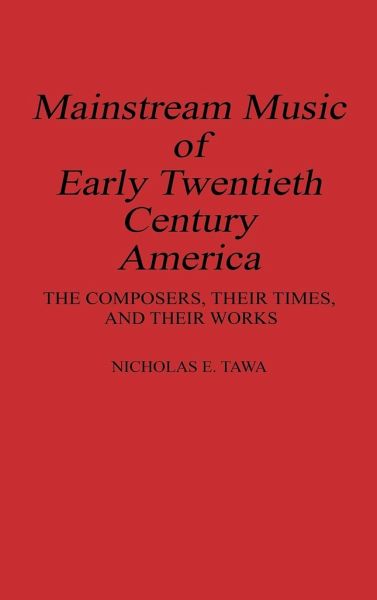
Mainstream Music of Early Twentieth Century America
The Composers, Their Times, and Their Works
Versandkostenfrei!
Versandfertig in 1-2 Wochen
87,99 €
inkl. MwSt.

PAYBACK Punkte
44 °P sammeln!
Chronologically following Nicholas Tawa's The Coming of Age of American Art Music, this new study stands on its own in examining the music of the most prominent American composers active in the first three decades of the twentieth century. Among them are Edgar Stillman Kelley, Frederick Shepherd Converse, Daniel Gregory Mason, Edgar Burlingame Hill, Mabel Daniels, Henry Hadley, Deems Taylor, Charles Wakefield Cadman, Henry Gilbert, Arthur Farwell, John Powell, Arthur Shepherd, Scott Joplin, Charles Tomlinson Griffes, Marion Bauer, and John Alden Carpenter. Unjustly neglected by a later generat...
Chronologically following Nicholas Tawa's The Coming of Age of American Art Music, this new study stands on its own in examining the music of the most prominent American composers active in the first three decades of the twentieth century. Among them are Edgar Stillman Kelley, Frederick Shepherd Converse, Daniel Gregory Mason, Edgar Burlingame Hill, Mabel Daniels, Henry Hadley, Deems Taylor, Charles Wakefield Cadman, Henry Gilbert, Arthur Farwell, John Powell, Arthur Shepherd, Scott Joplin, Charles Tomlinson Griffes, Marion Bauer, and John Alden Carpenter. Unjustly neglected by a later generation of critics interested in the avant-garde, this music deserves a hearing today and, in fact, increasingly is the subject of new recordings. Professor Tawa puts his exemplary research and analytical skills to work to determine what these composers accomplished, not what latter-day critics felt they should have accomplished. The attitudes, styles, and compositions are analyzed in cultural context. The period of 1900-1930 witnessed an intense debate on what constituted an American identity in music. Was it Anglo-Celtic, Amerindian, African-American, jazz, or the individual unconsciously expressing the American society he or she lived in? The changing world of music, the clash of beliefs and values, and the attempts at a musical reconciliation between old and new approaches to composition figure prominently in the discussion. Tawa concludes that if the present-day listener does not reject romantic music out of hand, he or she will find delight in much of this large body of skillful, meaningful compositions.



